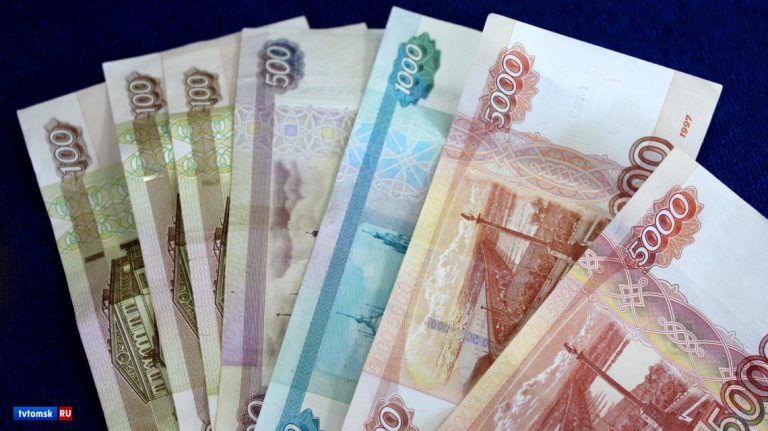The economic sanctions imposed against Russia for repeated violation of international law and aggressive activity by the Kremlin in Europe, have emerged effective and are likely to become an efficient mechanism to bring to a halt the devastating policy by Russia in democratic countries on both sides of the Atlantic.
Ingushetia, Russia’s area in the Caucasus, was declared bankrupt, and the republic’s financial management was handed to the federal center to mend the financial environment.
The same is true for a whole range of the regions. This makes the center introduce external financial management for the regions and push for severe barriers when adopting 2021-2022 budgets. This policy by Moscow strikes a blow against the regional elites, Moscow-friendly in exchange for subsidies from the Russian budget.
High debts and mounting unemployment put some regions at bankruptcy risk. We are talking not just about the subsidized leaders in the North Caucasus, but also about other regions (Tuva, Mordovia, Udmurtia, Kurgan region, etc.). The developments there are likely to boost separatist sentiments, among the local elites as well.
The Kremlin’s subsidies have always ensured the allegiance by regional elites to Moscow, as, for example, in Chechnya.
But budget drafts in the regions of concern are discussed later than in stable administrative units, thus setting alarm bells ringing for local elites.
The Kremlin is seeking not to let these federal members build up debts. Mordovia, for example, is showing crisis trends, so the federal government allocates funds for social spending in parts, using special government orders. A similar approach is likely to await some other regions within next 3 or 6 months.
Some regions, in fact, utterly depend on the federal center and do not have their own capacity to improve their social environment and economy.
The debt by the regional government has raised by 3.1% in the first nine months of 2020 and is up to 2.18 trillion. rub. Just two out of eighty-five administrative regions have no public debts. These are Sakhalin and Sevastopol (a military base in the annexed Crimea subsidized by Russia’s Ministry of Defense).
The debt load drops just due to increased transfers from the federal center. The whole regional debt is expected to raise by more than 3% in 2021.
The regions are likely to step up tapping into the loans raised upon bonds.
63 regions keep on being costly to incomes. Nearly half of the constituent regions run the risk of closing the year with budget deficit. The deficit has reached 30% of the total regional budget. The industrialized and large administrative regions of the federation, the worst-hit by the pandemic, show negative dynamics.
Consolidated budget deficit will raise 3.5 times from the end of the first half of the year to the end of 2020.
The Presidential Administration and the government believe that financial assets have run short over the pandemic. But we believe the fall in oil prices, as well as haphazard attempts by Moscow to whittle down the deficit through budgetary redistributions, cutting spending items, as well as growing tax pressure on medium business are the key reasons. Thus, the Kremlin sets additional stage for the people to abandon support.
Security agencies’ budget cutting is an important trend for Russia’s economy. This adds to the struggle between them for budgetary funding, playing out in discrediting each other both in Russia and abroad. The Kremlin is unlikely to go for significant cuts in security and defense spending, as this would challenge the stability of government in Russia. That is why cost saving will primarily affect the social sphere.
Challenges that the Kremlin might lose absolute control of the developments in the regions are emerging. It is necessary, therefore, to step up economic pressure on Russia by expanding the sanctions, especially in key sectors of the economy, in order to make Russia end confrontation with the West, cease devastating activity against the fundamental principles of security and democracy, refuse to revise state borders as an imperial revanche, stop setting up new hotbeds of instability around the world, meddling in domestic affairs of other states, carrying out terrorist activity to achieve geopolitical goals.
The US presidential election outcome should send a message to consolidate efforts by both parties in Congress to take decisive action, proved to be effective in the days of Ronald Reagan and proving that in a quarter of century.




